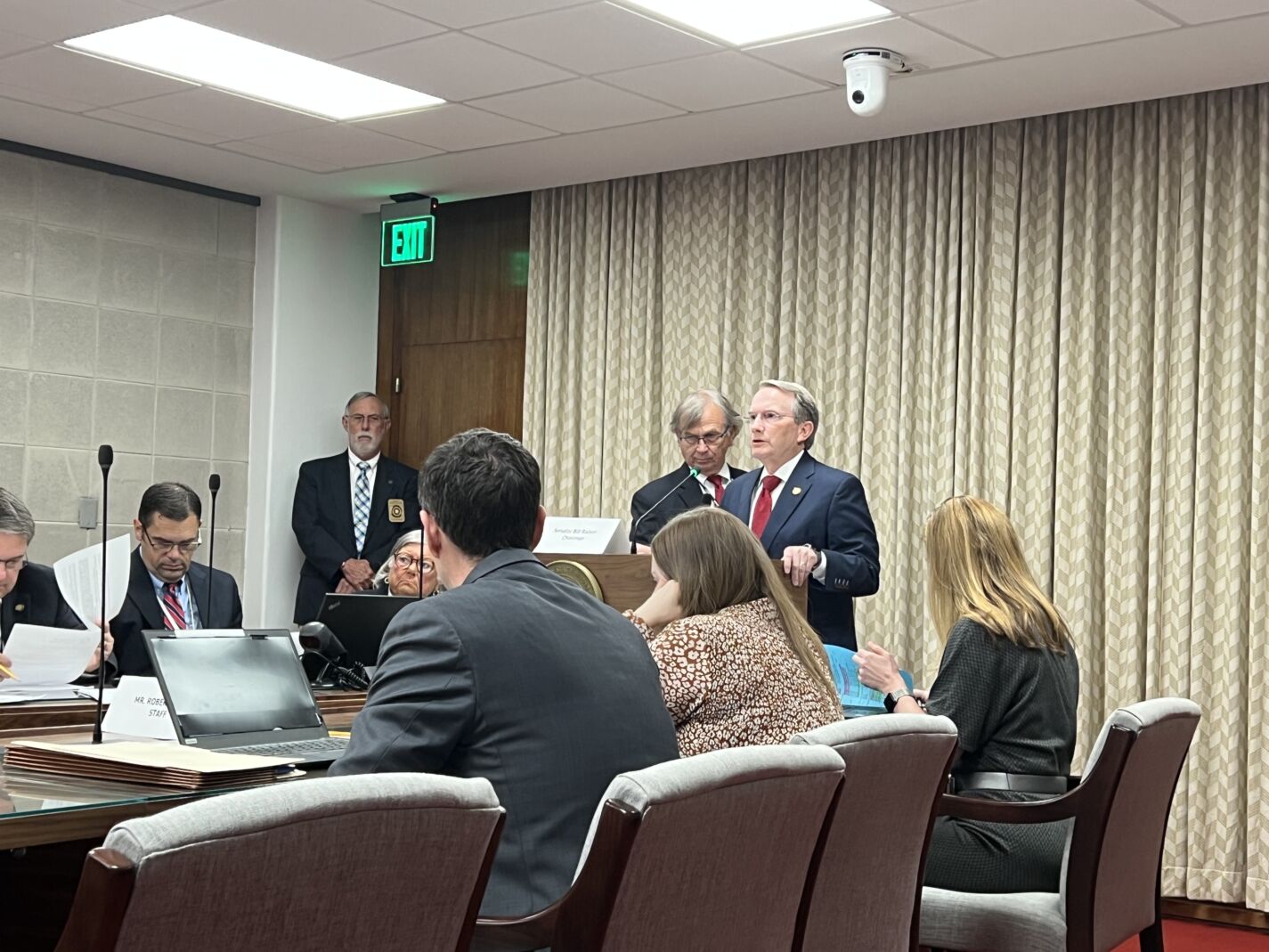On Tuesday, the Senate Rules Committee cleared a bill that helps pave the way for nuclear energy to play a significant role in North Carolina’s energy future.
The bill revises the definition of renewable energy to use the term “clean energy” instead.
Senate Bill 678 (S.B. 678) would replace the term “renewable energy” with “clean energy” while also including nuclear fission and fusion in the definition of renewable energy. As state law currently stands, renewable energy does not include nuclear despite nuclear energy being considered clean.
Additionally, the bill would add definitions of “fusion” and “fusion energy” in statute.
S.B. 678 also eliminates an “archaic” statute restricting the construction of nuclear facilities that had already been superseded by previous legislation—House Bill 951 (H.B. 951).
Sen. Paul Newton, R-Cabarrus, is the bill’s lead sponsor and advocated on its behalf before the Rules Committee.
S.B. 678 “recognizes the role that nuclear [energy] is going to play in the future of cost-effectively meeting these target carbon reduction goals in the future,” Newton said. “It also recognizes that fusion energy may be a contributor to our success in the future, and that we are wide open in North Carolina to welcoming fusion technology here in our state.”

Newton has established himself as the leader on energy policy in the state legislature. Before his time in the General Assembly, Newton was the president of Duke Energy North Carolina when he retired from the company.
The bill comes after the N.C. Utilities Commission released their implementation plan of H.B. 951, a compromise struck by legislative leaders in both parties and Gov. Roy Cooper to reduce carbon emissions and outline a least-cost mandate for keeping energy prices down for consumers.
Conforming the language to say “clean energy” rather than “renewable energy” conforms with H.B. 951 and appears to align with Cooper.
Cooper hired Peter Ledford with the title “North Carolina Clean Energy Director” to oversee the implementation of Executive Order 246. Ledford’s predecessor, Dionne Delli-Gatti, held the same title.
Part of Cooper’s statement said that the purpose of Executive Order 246 was to continue “North Carolina’s transition to a clean energy economy.”
André Béliveau, who testified in the Senate Rules Committee Tuesday morning on behalf of the John Locke Foundation, said that nuclear power requires far less land use than wind and solar power to produce the same amount of energy.
“Any endeavor seeking to lower carbon emissions while also seeking to maintain the reliability of any energy grid must have nuclear as part of the mix,” said Béliveau, speaking in favor of the bill. “Adding nuclear power to the legal definition of clean energy is a great next step as we embrace the mandates of House Bill 951. The John Locke Foundation supports the General Assembly’s efforts to embrace nuclear power as a clean, reliable energy source for North Carolina as part of our state’s energy future.”
Sens. Buck Newton, R-Wilson, and Dave Craven, R-Randolph, join Paul Newton as primary sponsors of S.B. 678.
S.B. 678 now heads to the Senate floor, where it is expected to receive its first vote on Wednesday and pass. If passed, the bill will head to the House for approval before landing on Cooper’s desk.